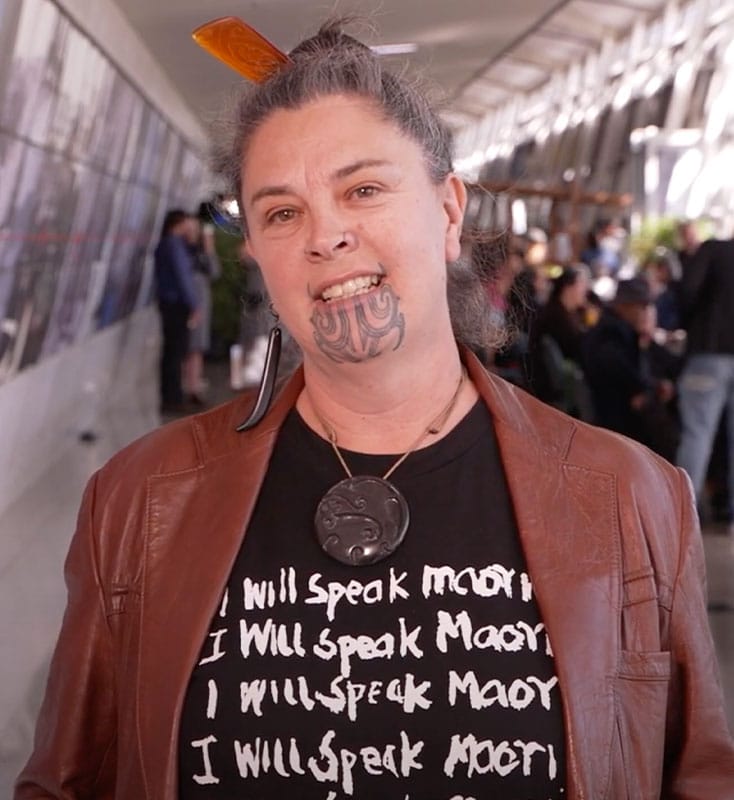This evaluation report, prepared for the Ministry of Housing and Urban Development, scrutinises the contracted emergency housing intervention in Rotorua, Aotearoa New Zealand, amidst a rising housing crisis.
It specifically focuses on the period of 2020 when homelessness visibly surged, median rents increased, and the community faced a significant shortage of secure, affordable housing. The intervention, a novel approach in Rotorua, involved contracting thirteen motels exclusively for vulnerable populations, coupled with 24/7 security and comprehensive support services, aimed at offering a temporary respite for those in dire need, particularly Māori families. The evaluation, conducted in June 2022, employed kaupapa Māori theory to guide its methodology, reflecting the predominance of Māori among the affected population. It entailed reviewing documentation, conducting interviews with 91 whānau (encompassing 115 adults and 154 children), and gathering insights from 35 key stakeholders, including government agencies, social service providers, and moteliers. The findings illustrate that the intervention provided crucial stability and support for whānau, enabling them to address immediate challenges, engage with essential services, and plan for a more secure future. It highlighted the effectiveness of the wrap-around support in empowering whānau to pursue personal goals and aspirations. However, the evaluation also acknowledges that emergency motel living, with its inherent constraints and rules, may not be suitable for all, underscoring the importance of a sensitive initial triage process. Despite these limitations, the majority of whānau reported positive experiences, appreciating the safety, security, and community atmosphere the motels provided. From a broader perspective, the report emphasises the necessity of collaborative efforts to tackle complex housing issues, noting the pilot’s success in demonstrating a place-based approach to crisis resolution. Yet, it also points out gaps in governance, public relations, and the need for a performance framework to ensure the initiative’s objectives align with whānau outcomes. In conclusion, while the contracted emergency housing pilot in Rotorua represents a critical step forward in addressing immediate housing needs, it is clear that it is not a long-term solution. The report recommends regular feedback mechanisms from whānau, the re-establishment of the Taskforce with defined leadership and communication strategies, and further evaluation to refine and improve emergency housing solutions. This evaluation contributes valuable insights into emergency housing as a temporary but vital intervention in the housing continuum, offering lessons for future policy and practice in Aotearoa New Zealand and beyond.










